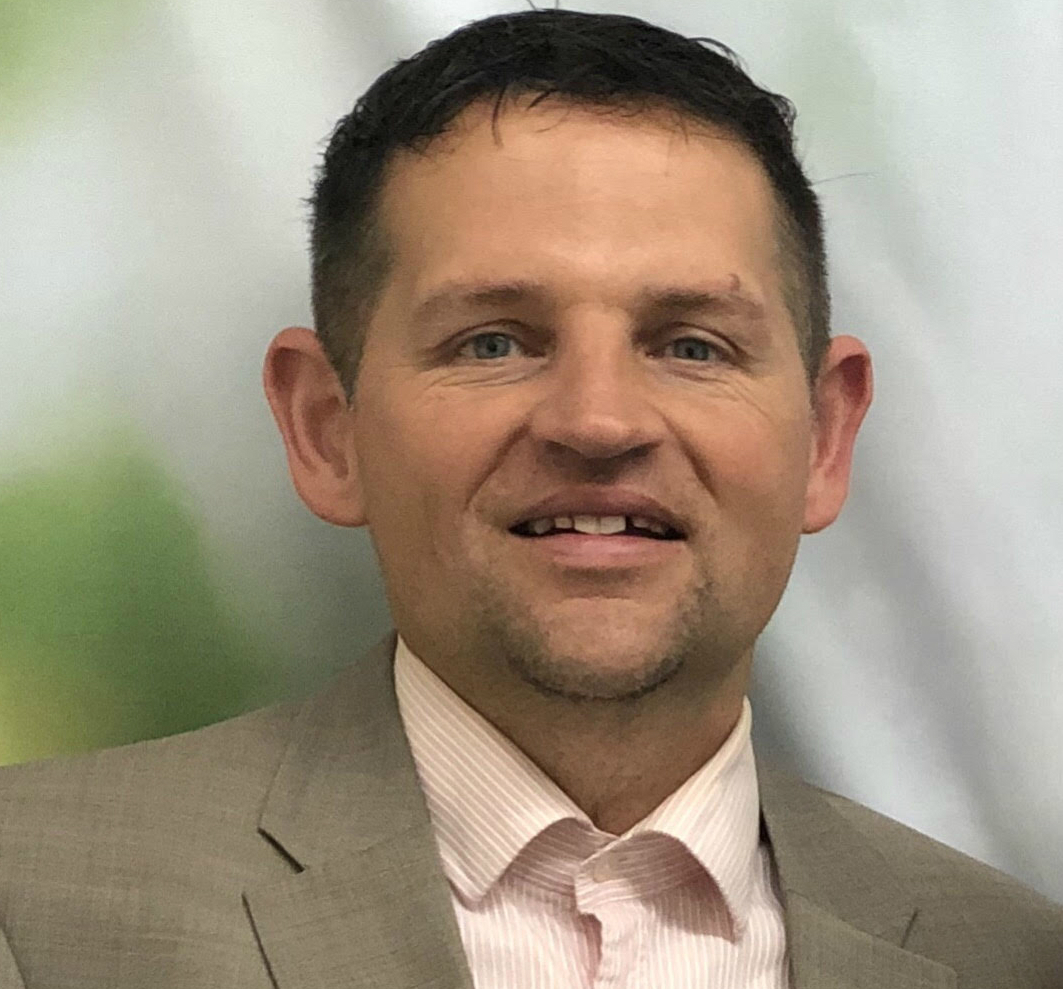The Prosperity Gospel is a material wealth-based teaching where invisible faith has a payoff of earthly financial blessings and/or physical health. The movement has been rightly monikered as the “Name It And Claim It” religion. The Prosperity Gospel as we know was spurred out of the healing revivals from the mid-1900s. Its origins, however, can be traced back even further from the “New Thought” movement in the late 1800s. By combining facets of “self-help” and modern psychology, religious leaders began to teach believers they have a spiritual “right” to be healed from sickness or attain personal riches by way of prayer. This trend gave birth to the televangelism movement which opened a greater audience for these teachers to peddle empty promises for prosperity from the doldrums of debt or poverty. Many standing on the promises were fleeced of money while the leaders and “preachers” realized all of the great riches and prosperity.
Today, this false gospel still has a presence and a great following. Many well-believing Christians, however, have lost their true faith in the church and finances because of the Prosperity Gospel teachings. Their spiritual trust eroded as the empty promises were not realized while those behind the pulpit and writer’s pencil enjoyed financial windfalls. Thus, we are left with the question, “how do we heal a contingent of our church and a portion of society who have been deeply hurt by the Prosperity Gospel?”
Photo Credit: ©iStock/Getty Images Plus/fizkes
Old Covenant Vs. New Covenant
In order to heal from this deceptive “deliverance,” we must understand God’s promises and distinctions from the Old Covenant given to Moses at Mt. Sinai and from those given by the new covenant through the ultimate fulfillment of the law under Jesus Christ. Under the Mosaic covenant, God’s people were promised blessings of land inheritance and peaceful sustenance for their obedience and adherence to the law. Exodus 19:5 detailed, “Now if you obey me fully and keep my covenant, then out of all nations you will be my treasured possession.” In Leviticus 26, God specified the blessings of obedience under the Mosaic covenant. The promises include “rains in their season,” “producing land,” “fruitful trees,” “peaceful lands free from dangerous animals,” “fruitful reproduction,” success against all enemies in this given land, and God “dwelling place among you.” These rights of “prosperity” depended solely upon obedience. Note, their obedience only promised these earthly blessings. Salvation was not and is not obedience-based. Faith was required for heavenly deliverance even under the old Mosaic covenant.
We, however, live under a new and better covenant following Jesus Christ’s perfect fulfillment of the law. In Hebrews 8:7-12, the writer explains, “for if that first covenant had been faultless, there would have been occasion to look for a second.” Under this new covenant, the Lord declared he would “put my laws into their minds, and write them on their hearts, and I will be their God, and they shall be my people. For I will be merciful toward their iniquities, and I will remember their sins no more.” Thus, we have no promise of earthly blessings, worldly inheritance, or anything material. Our inheritances are eternal and the things are the world have an expiration date and the locale restriction “on this world.” God’s promises are given to His people to have greater fellowship and a closer relationship with Him.

Healed by Our Hurt
Believers are going to have to go through a few tests, trials, and seasons in the valley as we live and minister in this church age. In 1 Peter 5:10, the apostle wrote, “and the God of all grace, who called you to his eternal glory in Christ, after you have suffered a little while, will himself restore you and make you strong, firm, and steadfast.” Give strong emphasis to the predication of “eternal glory in Christ after you have suffered a little while.” Jesus warned His potential prospective disciples in Matthew 8:20, “foxes have holes, and the birds of the air have nests; but the Son of man hath not where to lay his head.” He did not make promises of earthly comfort, but to the contrary informed them they would have fewer comforts than anyone else.
We read immediately after this warning, Matthew gave the account of the disciples entering a boat with Jesus. In verse 24, we are told, “Behold, there arose a great tempest in the sea insomuch that the ship was covered with waves: but he was asleep.” The disciples became fearful of death and woke Jesus who questioned them about their faith. He then “rebuked the winds and the sea” creating a “great calm.” The disciples immediately marveled, “what manner of man is this, that even the winds and the sea obey him!” We cannot miss that Jesus was physically present with a group of his faithful disciples, yet, had to endure a major storm. The full realization of Jesus’ power was not realized until they turned to him in desperate concern and visibly saw the vastness of His power. It is in the presence of the storm and turbulence that we are able to see the fullness and power of His glory. We are healed by the vision of His glory in a season of our hurt.
Photo Credit: ©GettyImages/benwhitephotography
Heal from His Hurt
We must accept that Jesus paid for our prosperity on the cross when He died for our sins. We know from Isaiah 53:5, that “with his stripes, we are healed” as the prophet foretold of Christ’s torture. Thus, all we have is by and through Him, and consequently everything we have belongs to Him including the healing as mentioned by the prophet. John in his gospel at 15:20 recalled the words of Jesus telling them, “a servant is not greater than his master. If they persecuted me, they will persecute you also.” Why should we as servants have a more prosperous earthly life than our Savior who died upon this Earth? Jesus taught about the difficulties of having sufficient faith for those possessing earthly riches.
Mark 10:25 reminds us, “it is easier for a camel to go through the eye of a needle than for a rich man to enter the kingdom of God.” The teachings of Jesus do not say we will not and should not have earthly prosperity. He does say riches are likely to be a great spiritual hindrance. Consider the story of Ananias and Sapphira. In Acts 5, the couple sold a piece of property. Ananias kept back part of the money for himself while his wife Sapphira stood along and allowed only a portion to be put at the apostles’ feet. Peter in verse 3 confronted him and said, “Ananias, how is it that Satan has so filled your heart that you have lied to the Holy Spirit and have kept for yourself some of the money you received for the land?” Both Ananias and Sapphira lost their lives because of their greed and disobedience by deceitfully withholding what was given by God. Possessing the riches did not lead to their demise. It was the fact that they allowed their possession to affect their faithful obedience.

Healed by Loss
In order to heal from the teachings of the Prosperity Gospel, we must be fully convinced and appreciate the blessings of the new covenant under which we live. This appreciation will only be fully recognized through suffering in His name. Consider the growth of each of the apostles and disciples. Each became emboldened in their teachings and stronger in their beliefs following great suffering, seemingly failure, or persecution. This new empowerment came not from earthly riches and prosperity, but from their direction and empowerment of the presence of Jesus.
Paul was able to boast about His Savior following his sufferings and his forsaking of the world. The more Paul lost, the more he was able to see the glory of God and give Him rightful praise. Paul wrote in 1 Peter 4:16, “Yet if anyone suffers as a Christian, let him not be ashamed, but let him glorify God in this matter.” Paul left a life of wealth, comfort, and worldly acceptance to follow Christ as did many of the early apostles and disciples. He wrote in Philippians 3:8, “what is more, I consider everything a loss because of the surpassing worth of knowing Christ Jesus my Lord, for whose sake I have lost all things.” He “consider them garbage, that [he] may gain Christ.” It was through tumultuous journeys and the sufferings therein which God used to establish the foundations for their teachings and resulting witness to us today.
Healed by the Burn
The blessings and curses of fleshly comforts are not isolated under the “new covenant.” Consider the great riches and peace given to King Solomon during his reign over Israel. He began by treasuring a closeness to the Lord, yet as his riches grew, his desire for more fame and wealth led to the accumulation of foreign wives. The subsequent kings of both Israel and Judah, save a handful, followed this greedy mold and consequently mortgaged their peace with God for the pursuit of earthly prosperity. Notice, however, the life of Jeremiah who, like many of the prophets, forsook all stature and comfort in order to convey God’s message. Seemingly no one listened to the messages of Jeremiah except for those who wished to bring forth his persecution.
In Jeremiah 20:1-2, we see that Jeremiah was put into stocks by Pashur the priest. He was sentenced to death in Jeremiah 26:11. In Jeremiah 38:6, He was cast into a cistern with only mud and no water with the hopes he would die. As a consequence, Jeremiah became even more emboldened to his calling. In Jeremiah 20:9, he wrote, “but if I say, ‘I will not mention his word or speak any more in his name,’ his word is in my heart like a fire, a fire shut up in my bones. I am weary of holding it in; indeed I cannot.”
Photo Credit: ©Getty Images/tuaindeed
Healed by His Glory
We can be healed from the Prosperity Doctrine by the realization of Paul’s ability to glorify Christ in his sufferings. The Bible is void of Christians who faithfully and continually praised the presence and power of Jesus whether it be in the flesh or the spirit after receiving worldly riches. Only those who suffered spiritual and physical poverty and leaned upon Christ’s strength and power were able to appreciate His glory. Some were healed, some were not, but all were granted a vision of His glory who suffered for His cause.
In 1 Peter 4:12-13, we are told not to be surprised or dismayed by these trials as they come to test us. Instead, we should rejoice as we “share Christ’s sufferings” because that is when “his glory is revealed.” It was when Stephen was on the verge of his death, that he “full of the Holy Spirit, looked up to heaven and saw the glory of God, and Jesus standing at the right hand of God.” When he was at his weakest physical state, Stephen saw this manifestation and came to the realization of God’s glory.
Healed by True Prosperity
We who place our faith and trust in Jesus Christ for all of our needs are witnesses of a true doctrine of prosperity. By ministering this true gospel, we can be healed from any religious doctrine fostering baseless promises of earthly prosperity. We are prosperous because we are a child of the King. John 1:12 tells us “to all who received him, to those who believed in his name, he gave the right to become the children of God.” We are rich because we are indwelled by the Holy Spirit.
Paul at Ephesians 1:13 wrote, “and you also were included in Christ when you heard the word of truth, the gospel of salvation” and “having believed, you were marked in him with a seal, the promised Holy Spirit.” Most importantly, we gained great riches because we are forgiven of all our sins. In Colossians 2:13, Paul wrote “when you were dead in your sins and in the uncircumcision of your sinful nature, God made you alive with Christ” and “forgave us all our sins.” Additionally, we have the hope in the promise of eternal life and abode with our Savior and Heavenly Father. 1 John 2:25 tells us, “And this is what He promised us – even eternal life.”
Originally published April 11, 2022.








